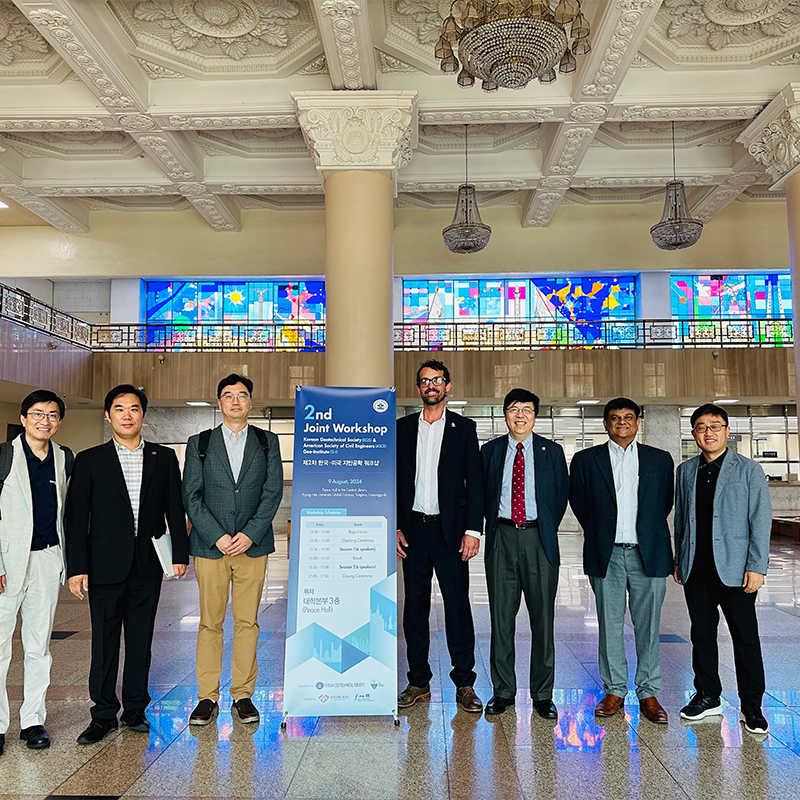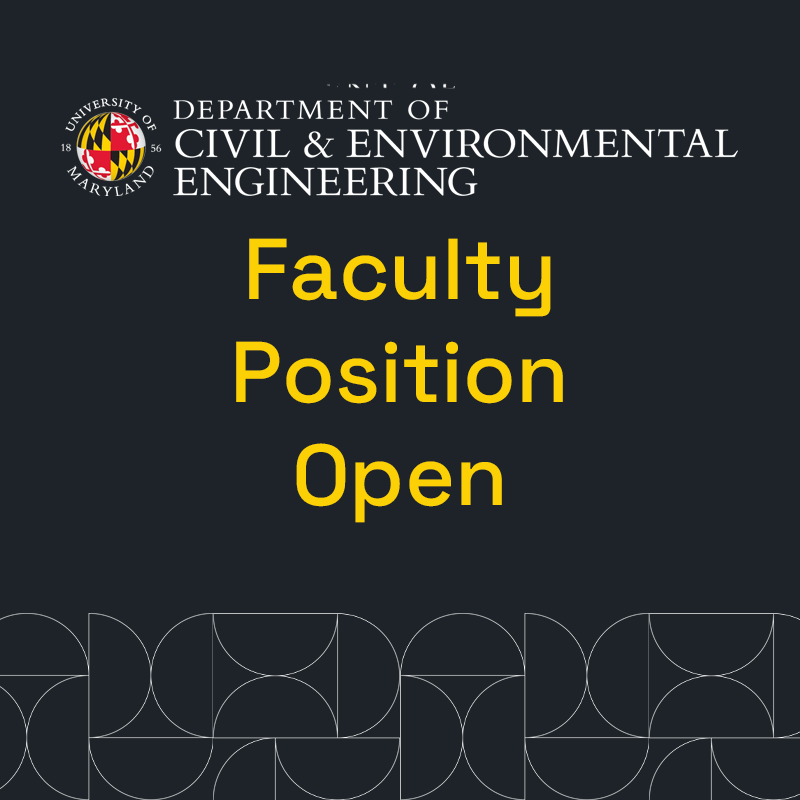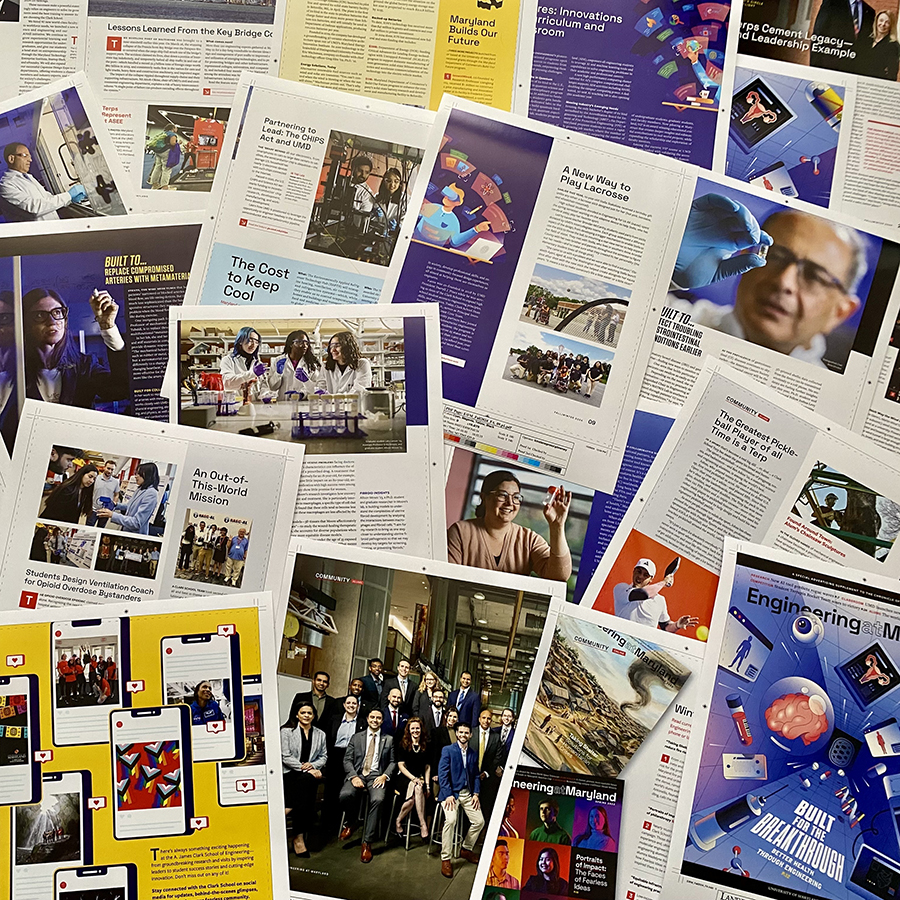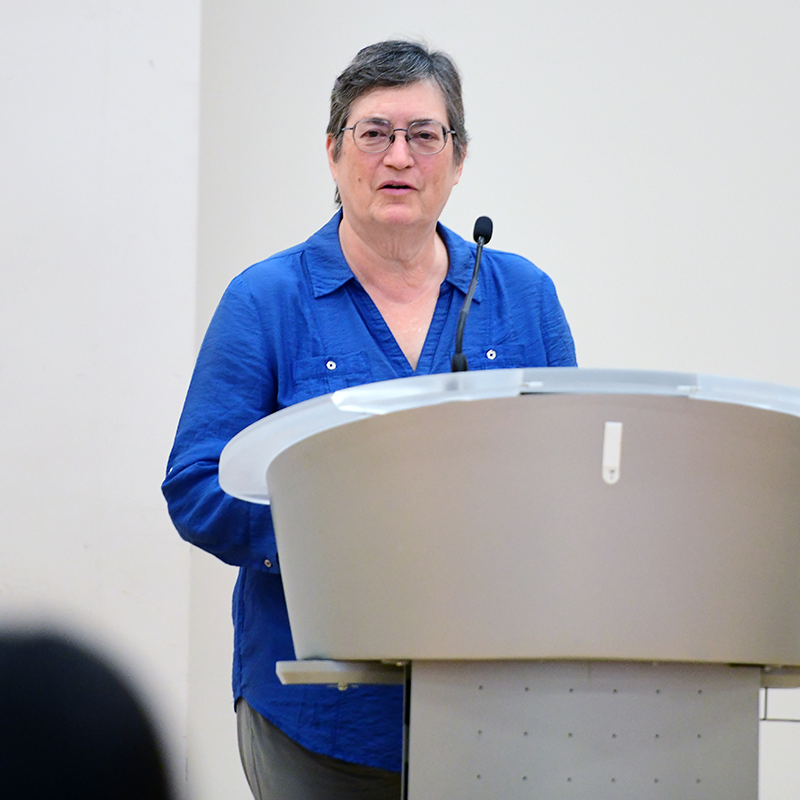News Story
A Framework for Managing Urban Systems

Semantic modeling—an approach to data architecture that uses graphs to model relationships among specific data points—can be a powerful tool for representing and managing a complex system.
In his doctoral research, UMD civil and environmental engineering graduate Sachraa Borjigin applies this approach to three urban contexts in order to monitor systems safety and promote dynamic decision-making: traffic intersections, airport taxiway operations, and disaster evacuation planning.
“The goal is to develop a robust multi-domain framework that can be applied to various types of urban systems whose operations must remain safe,” Borjigin explained. “While such a framework can be applied to many urban applications, the formulation and testing aspects of our investigation focused on three types of urban system that share similar characteristics at high-levels of modeling, but are distinct in their lower-level details.”
“We establish the dependencies among different physical entities in a system and then we plug in the associated datasets as a completely separate package. Then, because of the relationships among these physical entities with their associated data, as well as the inference nature of semantic modeling framework, we can make predictions and decisions based on events and inferred data," he said.
Previously, Borjigin earned his bachelor’s degree in engineering management and a master’s degree in structural engineering, and worked as a project engineer for Newstress Inc., a New Hampshire-based manufacturer of precast and prestressed concrete products, before embarking on his doctorate at UMD.
“We establish the dependencies among different physical entities in a system and then we plug in the associated datasets as a completely separate package. Then, because of the relationships among these physical entities with their associated data, as well as the inference nature of semantic modeling framework, we can make predictions and decisions based on events and inferred data.”
Sachraa Borjigin, Ph.D.
Borjigin finished his thesis and graduated in spring 2022. His advisor was Mark Austin (Institute for Systems Research/Civil and Environmental Engineering).
While working on his dissertation, Borjigin also served as a Maryland Transportation Institute graduate research assistant, supporting Clark Distinguished Chair and National Academy of Engineering member Deb Niemeier on several research projects. These include scenario-based modeling of problems related to wildfire evacuation, COVID-19 mitigation measures at a typical U.S. meatpacking facility as well as in a transit bus environment, and understanding the socioeconomic impacts to the low-income and minority communities under the rapid development of Electric Vehicle (EV).
The practical, real-world thrust of these projects counterbalanced the more abstract quality of his thesis research, Borjigin said.
“I appreciated having the opportunity to be involved with research topics which are more tangible and less abstract than the work I normally do,” he said. “When people outside of systems engineering ask me to explain my research, it can be difficult to articulate it in ways that will be readily understood to general public.”
“With the MTI research, I was able to apply my engineering knowledge and skills to the existing issues in our society that causes social inequality in which many people care about and need proofs and answers immediately,” he said.
Published June 8, 2022









